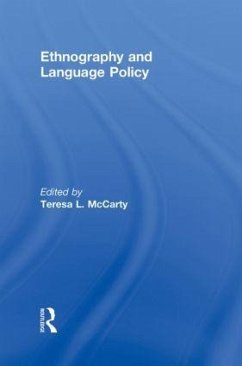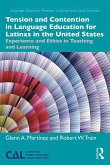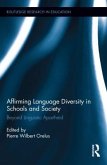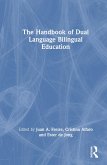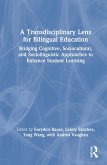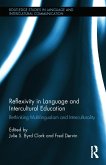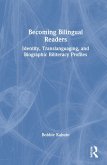Illuminating, through ethnographic inquiry, how individual agents "make" language policy in everyday social practice, this volume advances the growing field of language planning and policy using a critical sociocultural approach. From this perspective, language policy is conceptualized not only as official acts and documents, but as language-regulating modes of human interaction, negotiation, and production mediated by relations of power. Using this conceptual framework, the volume addresses the impacts of globalization, diaspora, and transmigration on language practices and policies; language endangerment, revitalization, and maintenance; medium-of-instruction policies; literacy and biliteracy; language and ethnic/national identity; and the ethical tensions in conducting critical ethnographic language policy research. These issues are contextualized in case studies and reflective commentaries by leading scholars in the field. Ethnography and Language Policy extends previous work in the field, tapping into leading-edge interdisciplinary scholarship, and charting new directions. Recognizing that language policy is not merely or even primarily about language per se, but rather about power relations that structure social-linguistic hierarchies, the authors seek to expand policy discourses in ways that foster social justice for all.
Seeking to expand policy discourses in ways that lead to social justice for all, this volume uses a critical sociocultural and ethnographic approach to address a variety of pressing language planning and policy issues, contextualized in case studies.
Seeking to expand policy discourses in ways that lead to social justice for all, this volume uses a critical sociocultural and ethnographic approach to address a variety of pressing language planning and policy issues, contextualized in case studies.

